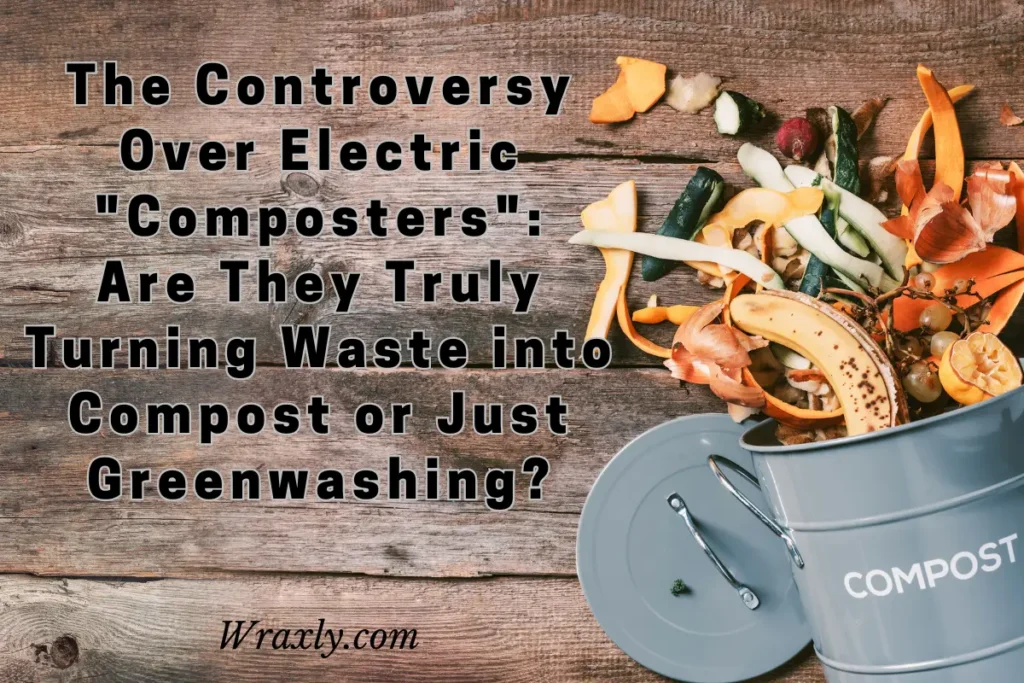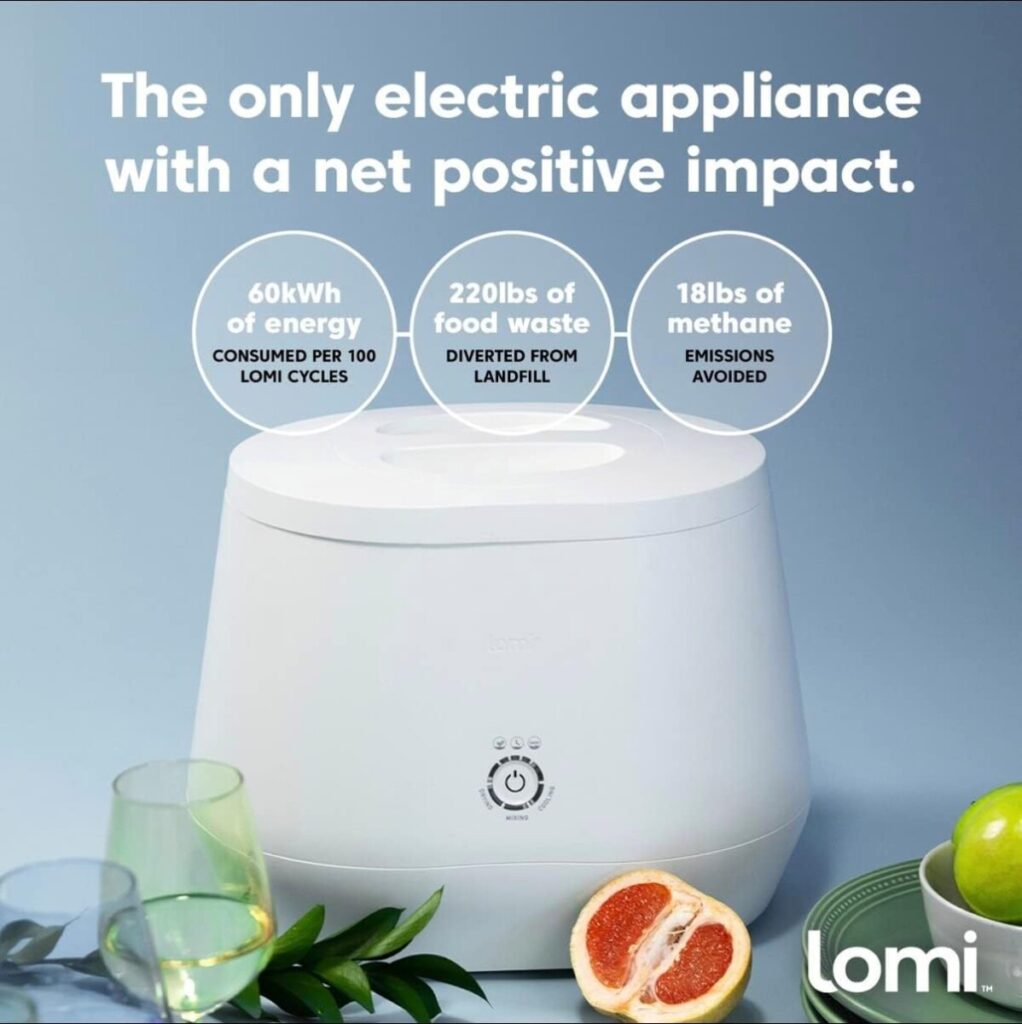In the ever-evolving landscape of sustainable living, a new wave of kitchen gadgets promises to tackle the growing food waste problem. Electric food “composters” like Lomi, FoodCycler, Mill, and Airthereal claim to transform kitchen scraps into instant compost, but as the trend gains momentum, experts raise eyebrows.

Examining the Claims of Electric “Composters” in Kitchen Waste Elimination
In the age of heightened environmental consciousness, innovations aimed at reducing our carbon footprint are celebrated. Enter the electric “composters,” sleek devices designed to tackle the escalating issue of kitchen food waste. Michelle Cehn, an eco-conscious influencer, recently endorsed the Lomi electric composter on her Instagram account, showcasing its ability to turn food scraps into “nutrient-rich plant food” within hours. However, behind the glossy marketing lies a debate that challenges the very essence of these gadgets.
The rise of electric composters coincides with a severe food waste crisis. In the United States alone, a mere 5% of the staggering 66.2 million tons of annual food waste is composted. This inefficiency results in food becoming the predominant material in landfills, emitting methane and contributing to climate change. The appeal of these appliances is evident – they offer a seemingly convenient solution to a problem that plagues many environmentally conscious households.

Jeremy Lang, founder of Lomi, is confident that their $400 gadget provides an “odor-free, mess-free solution to food waste” while reducing the carbon footprint by a significant 127%. Lomi and other brands in this category market their products as “kitchen composters.” Still, experts like Ron Alexander, a composting and environmental consultant, are quick to point out a fundamental flaw: what these devices produce is not actually compost.
Composting is a biological process involving microbes breaking down organic materials. In contrast, electric composters utilize blades and heat to grind and dehydrate food scraps. Alexander emphasizes that the output may resemble dirt but lacks the biological stability of true compost, rendering it susceptible to decomposition upon reintroduction of water.
While companies like Lomi and FoodCycler acknowledge that their output is not compost, they assert its benefits for soil. Controlled trials suggest increased crop yield and scientific support for optimal vegetation growth. However, independent tests conducted by Alexander yielded different results, raising concerns about the material’s suitability as a soil amendment.
Mill, a startup from the founders of Nest, takes a more transparent approach. Labeling its byproduct as “Food Grounds,” Mill warns of potential issues like mold and attraction of critters if not composted before use. Unlike its competitors, Mill offers a subscription pick-up service, repurposing the grounds as an ingredient in chicken feed.
Recommended Electric Food Composters
While these appliances present potential benefits, experts argue that true progress in reducing food waste requires parallel municipal waste infrastructure development. Skepticism lingers, with Alexander expressing hope for increased honesty from appliance brands about their products’ capabilities.
The controversy surrounding electric composters highlights the need for scrutiny in the pursuit of sustainable solutions. As consumers, it’s essential to distinguish between genuine strides towards environmental responsibility and greenwashing tactics that may compromise the integrity of existing composting practices.

Darrell has a passion for gardening that he inherited from his father. Go here to read more about the influence his father played in his love for gardening. If you want to send Darrell a quick message, then visit his contact page here.



